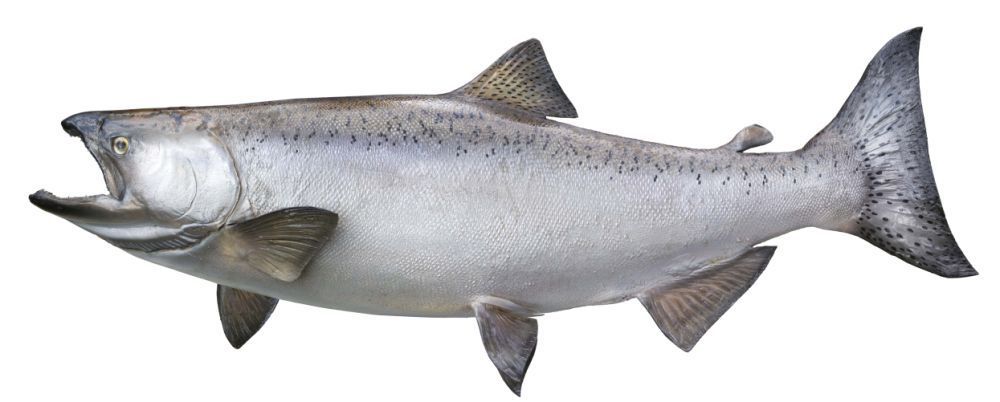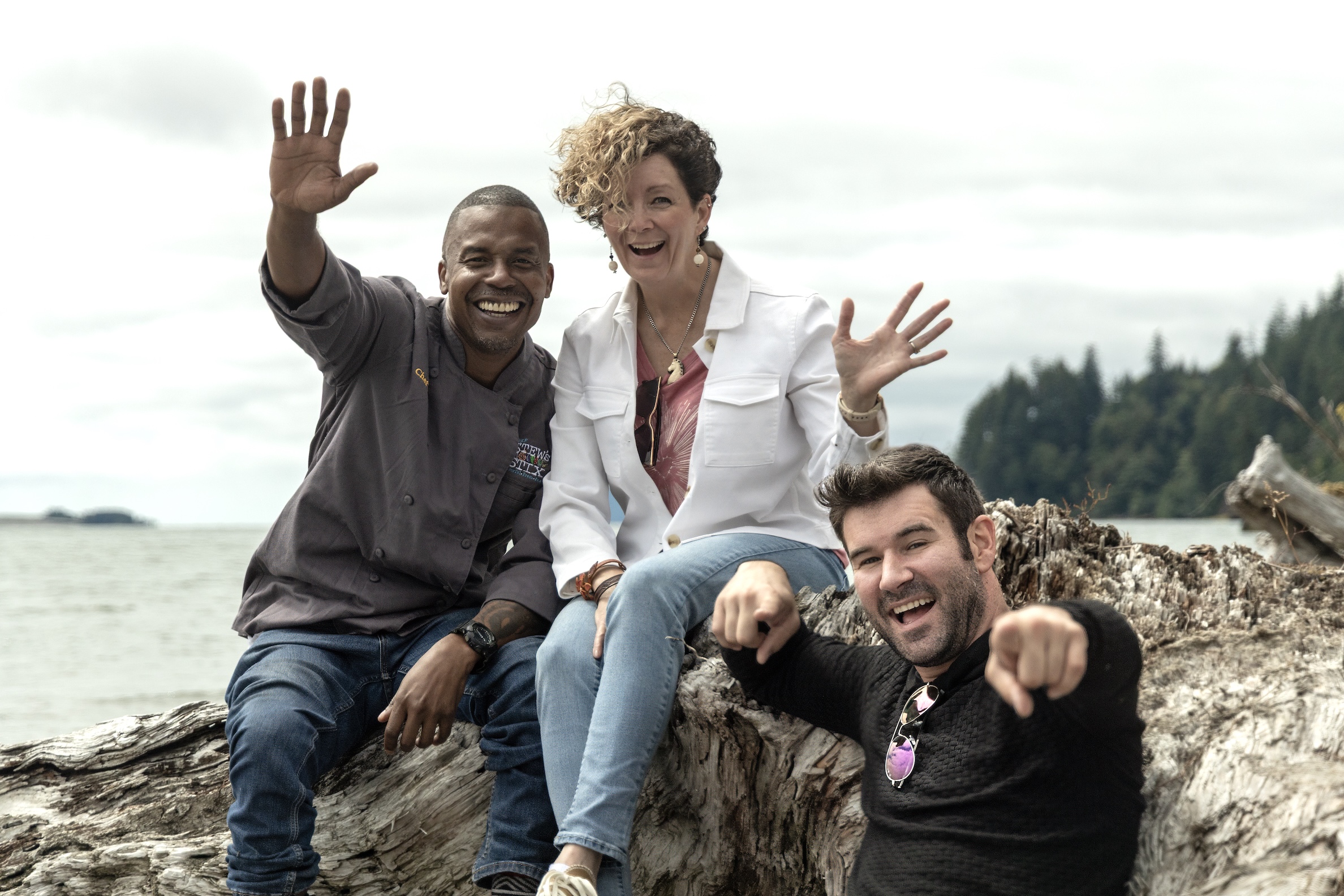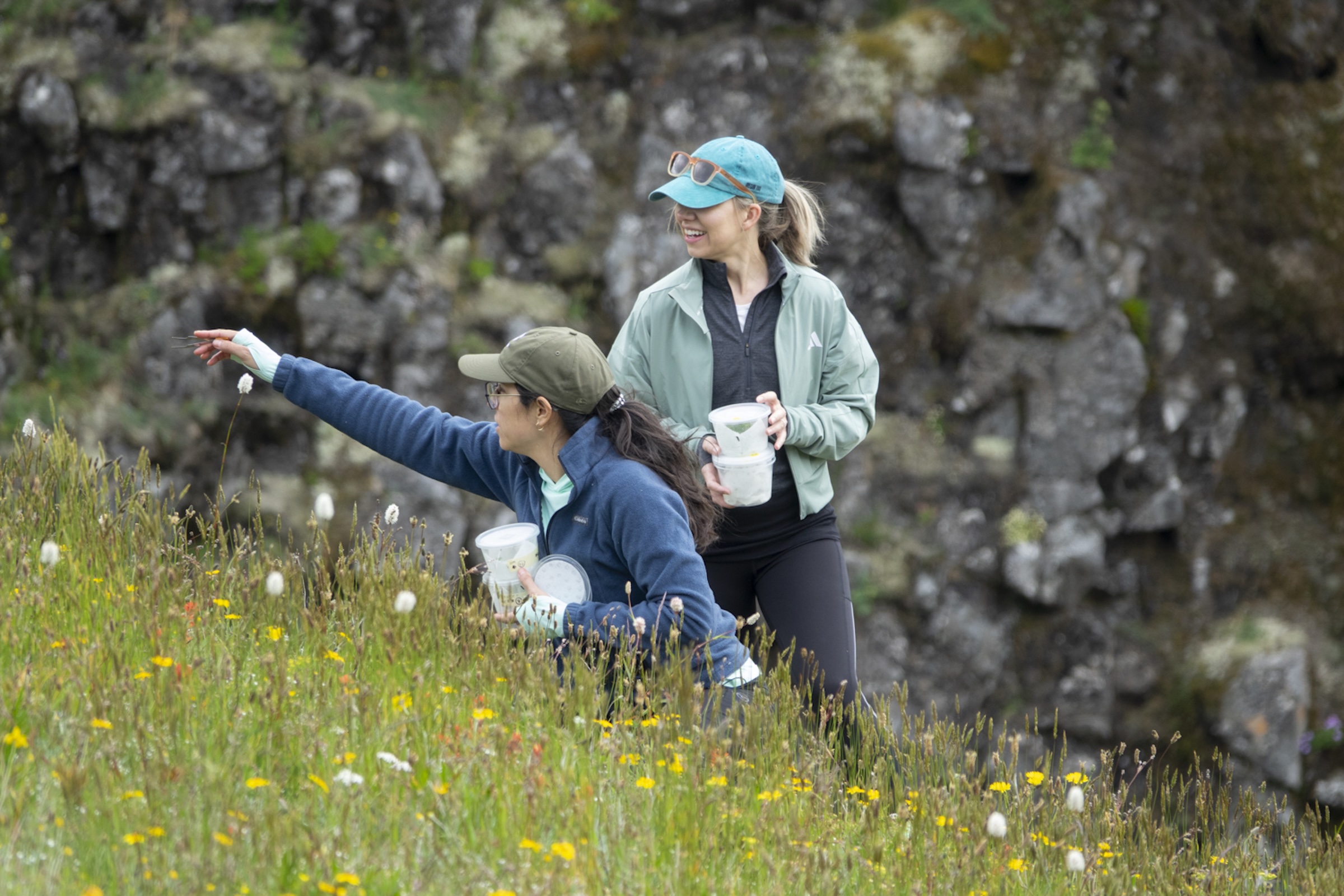Spring fever: Chinook salmon
Published 3:57 am Thursday, February 20, 2014

- <p>A spring Chinook salmon, also known as an Alaskan king salmon.</p>
By trade or for sport, from the banks of the river or the deck of a boat, fresh from the market or hot on a bistro plate however they plan to catch them regional salmon-lovers are all licking their lips over a bit of insider knowledge: When it comes to the famous fish of the Columbia, the brightest and best arrive first; and the truest signs of spring are never in the air, theyre in the water.
Trending
Chinook salmon those highly-prized legends of our western sea share the same exceptional destiny of all Pacific salmon. Born in shallow gravel beds along freshwater rivulets, they spend the first year of their lives flexing their fins and gaining strength and size; then, they mosey downriver to open ocean, where they live for up to five years before hitching a ride on the watery highway that will bring them back to their native stream. Once they arrive, they reproduce and die a perfectly swimming symbol for the great cycle of life.
Chinook salmon who begin their lives in the Columbia return to the Big River in three primary runs each year. The two largest (and most long-lasting) runs take place in summer and fall, with numbers great enough to warrant worldwide attention. But the smaller spring run which peaks in March or April brings in the fish that truly has no equal.
What sets them apart has everything to do with timing, says Tony Siniscal, a biologist for the Oregon Department of Fish and Wildlife whose work is centered in the Columbia River Estuary. Typically, the Springers are headed way upriver, and with further to go to reach their spawning grounds, they have to start pretty early. To give them the energy theyll need to travel which in some cases is up to 900 miles they pack on extraordinary reserves of fat. Theyre faster, and theyre stronger too but its those omega-3s that really make them special.
Trending
As a man who spends his days with all manner of fishes, Siniscal finds the spring Chinook particularly admirable, not to mention delicious: They can literally set your grill on fire, he says delightedly, adding, theyre a superior fish for sure, and its always exciting to see them return.
Of course, hes not the first to think so.
For thousands of years before the arrival of European settlers, the indigenous people who populated the mighty rivers lengthy banks all held the seasons first fish sacred. With elaborate ceremony, they honored the salmon: catching, preparing, cooking and eating the earliest to arrive with a ritualized precision that adhered to very interesting rules of taboo.
Though these ceremonies varied by location, timing of water conditions and spiritual belief, they all shared common elements as well, including song and dance, communal feasting, and a returning of the hallowed salmons bones to the river with prayer. Thereafter, for up to a month, no more fish would be taken, giving the salmon time to remind his relatives that the people still remembered to honor their ancient obligations, thereby securing the vital fishs future returns.
Today, here where the fresh waters of our river mix with the primitive salts of the sea, again at the beginning of that same age-old season, how will we honor these foremost of fish? Will we coax them from the churning currents, and with the reverence they deserve, carry them gingerly from net to plate? As we cross the bridge that unites our land, will we pay homage to their passing numbers and wish them well on their long journeys home? Can we be worthy of a promise to these incredible fish?
Oh, you fat-bellied beauties! Just as we emerge from the persistent trappings of winter, you return to our waters like a salutation for the great rhythm of newness! You have ridden the waves of the Pacific and feasted in its icy waters. And now, just as swift as can be, in you steal, with spring on your silvery-green tails. Welcome back, were so pleased to see you, and thanks for coming. As our most fitting harbinger of spring, you remain the perfect reminder: At least for now, there might still be hope for all of us.









